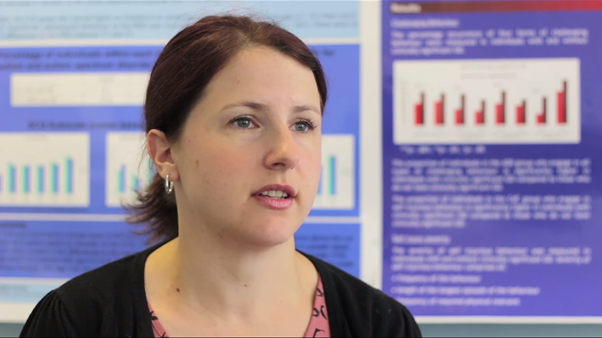Behavioural Characteristics
When people have a diagnosis of Smith-Magenis syndrome it means that they are more likely to engage in certain behaviour than people without this syndrome. This is known as a 'behavioural phenotype'.
If a person has a diagnosis of Smith-Magenis syndrome it does not mean they will show all behaviours associated with the syndrome and it is extremely important to remember that everyone with Smith-Magenis syndrome is an individual.
Understanding which behaviours are more likely to occur in Smith-Magenis syndrome means that parents, carers and professionals are in a stronger position to support a person with Smith-Magenis syndrome. This is because they can learn about why this behaviour is happening and develop interventions that are specific to people with this syndrome.
The following sections describe a range of behaviours including:
- adaptive behaviour
- Autism Spectrum Disorder
- mood and interest
- overactivity/impulsivity
- repetitive behaviour
- sleep
- social behaviour
- behavioural difficulties
Descriptions of each of these behaviours can be found in the corresponding subsection on this website or you can visit the Key Topics pages to get a general overview of each of these areas by clicking here.





